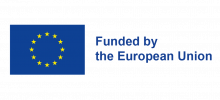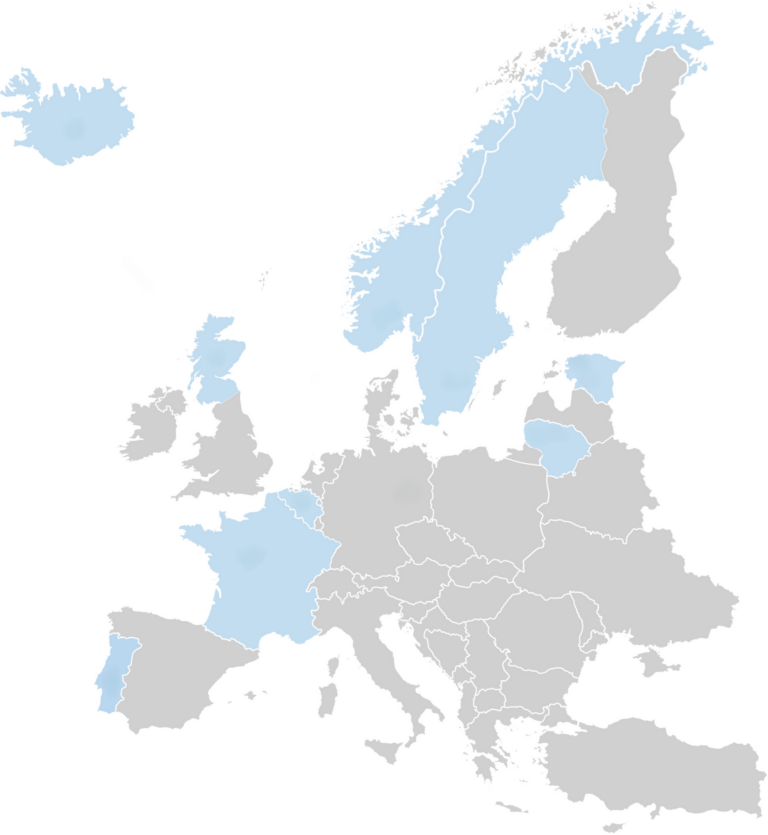As part of Work Package 2, BlueBioClusters set out to define Blue Bioeconomy value chains, as well as illustrate their growing importance and relevance for the economies of coastal regions.
In doing so, Deliverable 2.3 “Blue Bio Value Chain & Social Enterprises Cases” set out to analyse eight companies operating in blue bioeconomy value chains in the BlueBioCluster Regions. These case studies are intended to be an inspiration for stakeholders inside and outside the BBC region, and to support them to better understand the opportunities linked to operating in the various value chains.




